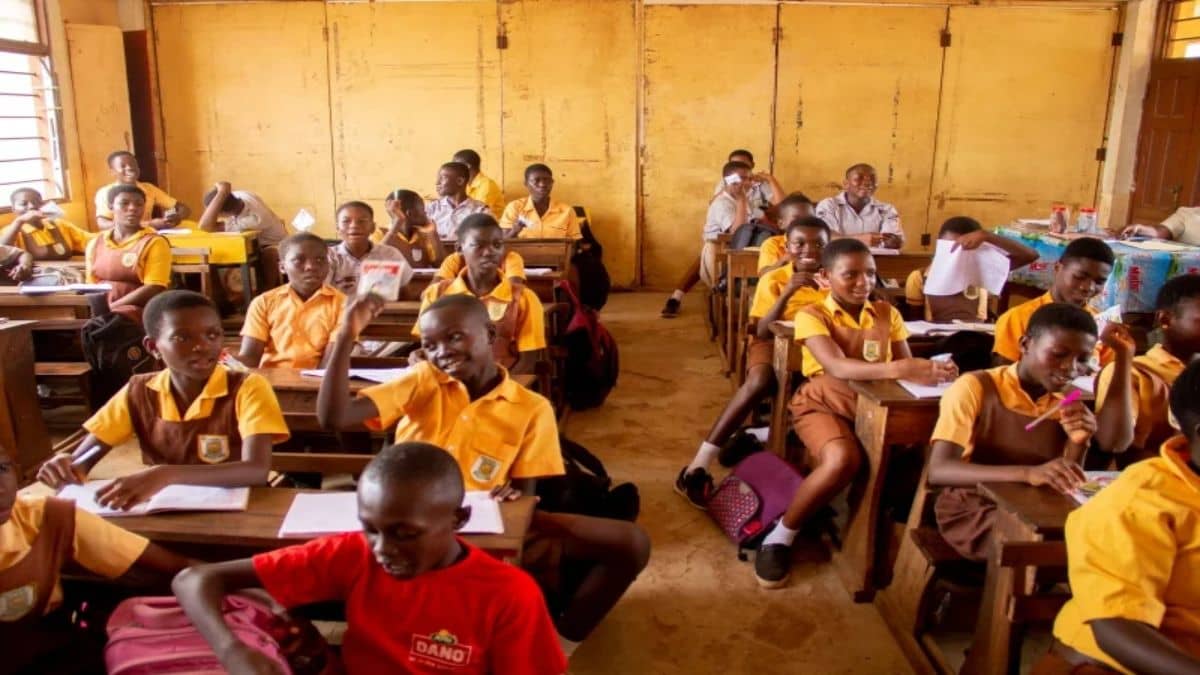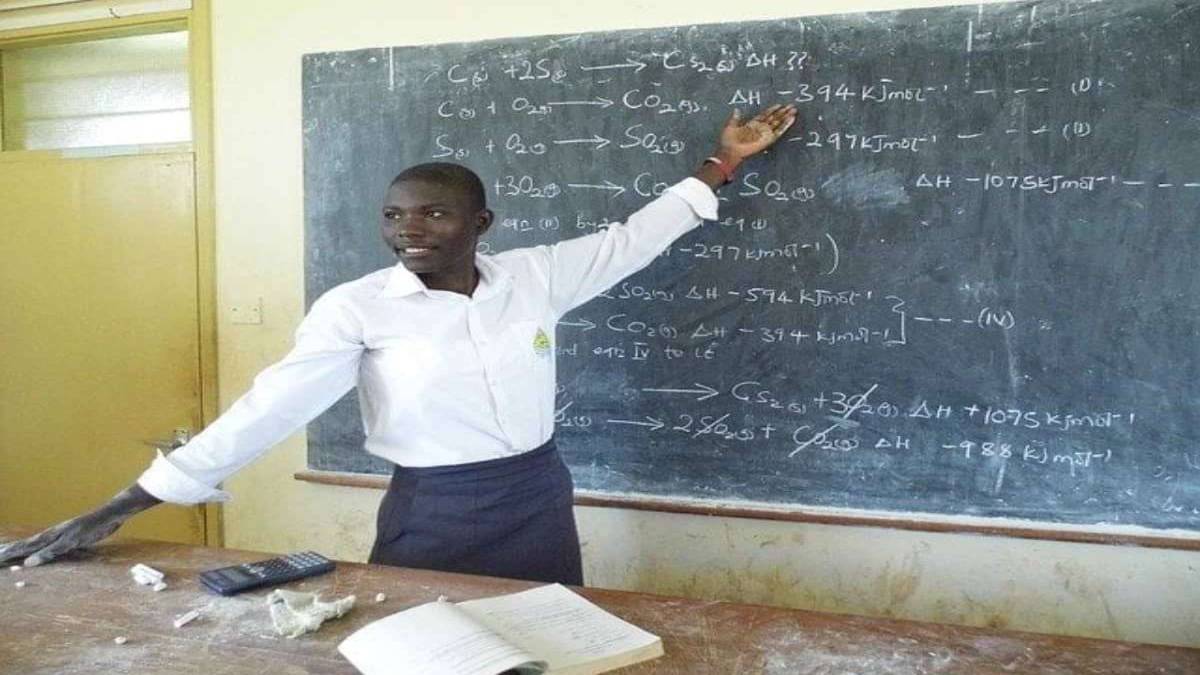GNACOPS calls for overhaul of CSSPS SHS/TVET placement system

The Ghana National Council of Private Schools (GNACOPS) has called on the government to overhaul the computer school placement system with systemic reforms to address technical and equity-related shortcomings.
GNACOPS call follows widespread anxiety and frustration faced by parents and students at the National school placement resolution center at the Ghana National Association of Teachers (GNAT) Hall in Accra.
Acknowledging the importance of the Computerized School Selection and Placement System towards expanding secondary education access, GNACOPS said its implementation reveals complexities that warrant urgent attention and innovative redress.
“Each year, families converge in long queues, uncertain about placement results, with many confronted by the reality of non-placement or school allocations that fail to match their academic preferences, gender suitability, or geographical circumstances.
In the most recent cycle, as many as 107,509 qualified candidates representing 18.2% of eligible BECE writers did not secure automatic placement in their preferred schools.
These realities, coupled with perceptions of limited transparency in the CSSPS process, have heightened stress among families navigating this critical transition in their children’s education. Our analysis underscores systemic and infrastructural gaps at the root of these challenges,” the Council stated.
GNACOPS also said the reliance on centralized resolution venues such as the GNAT Hall, though perhaps designed for efficiency, has instead created bottlenecks that distance affected families from timely and accessible solutions.
“We have consistently opposed the reinforcement of such centralized national resolution centers. We strongly believe that the most viable path forward lies in empowering District Education Offices to serve as the front-line engines of localized, efficient problem-solving.
Strengthening these offices will bring redress closer to communities, reduce the physical and financial burdens on families, and ensure that placement concerns are addressed more swiftly and equitably.
Beyond decentralization, we emphasize the urgent need to bridge infrastructural divides, strengthen digital placement tools, and implement policies that prioritize equity and inclusivity
By pursuing these reforms, Ghana can establish a placement system that is not only efficient but also one that upholds fairness, fosters transparency, and supports learners in securing SHS pathways that align with their aspirations and circumstances,” GNACOPS noted in a statement sighted by Pretertiary.com.
Meanwhile, the Ghana Education Service (GES), as part of its efforts to address the second-cycle school placement challenges, has decentralized the school placement resolution centers nationwide with District, Region, and National resolution centers.
Speaking in an interview, the Public Relations Officer (PRO) of GES, Daniel Fenyi, aside from the national school placement resolution center, has made every District Education Office and Regional Education Office in the country a school placement resolution center.
At the District level, the GES spokesperson said only the District Public Relations Officer and the District Examination Officer have been mandated to address challenges with students’ second-cycle school placement.
“So when you go to the resolution center at the District Education Officer, see two people, the District PRO or District Examination Officer, and forward your concerns or challenges, they will address your concerns. If they are not able to address them, they will forward them to us at the National level to have them addressed,” he said.
He added that parents or students who are not satisfied with the school placement resolution center at the District Education Officer school can visit the Regional Education Office resolution center.
“If you are not satisfied with the District Education Office resolution center, visit the Regional Education Office resolution center, for there too you will see three people, the regional PRO, the Regional Examination Officer, and the Free SHS coordinator, they can address your concerns for you, and those that goes beyond them they forward them to us at the national level, then we address them” he stated.
A total of 590,309 BECE candidates this year qualified for second-cycle school (SHS/TVET) placement. Out of this, 483,800 were placed automatically, while 107,000 secured schools through self-placement.
According to the Ministry of Education, of the 483,800 BECE graduates who secured automatic second-cycle school placement, 234,783, representing 48.6% were boys, and 248,038, representing 51.4% were girls.
It indicated that 82 per cent (82%) of qualified students who sat for the 2025 edition of the Basic Education Certificate Examination (BECE) have been placed in their first-choice second-cycle schools.
This year, a total of 603,328 candidates, comprising 297,250 males and 306,078 females, from nineteen thousand, five hundred and five (19,505) Junior High Schools (JHSs) entered for the school examination.
This includes seventy-two (72 ) candidates with visual impairment, two hundred and thirty-nine (239) with hearing impairment, and one hundred and sixty-one (161) candidates with other test accommodation needs.
The examination was conducted at two thousand, two hundred and thirty-seven (2,237 ) centers across the country. Out of the total number, two thousand, five hundred and twenty-six (2,526) candidates were absent.
The BECE for Private Candidates recorded a total entry figure of one thousand, three hundred and ninety (1,661) candidates. This was made up of eight hundred and fifty-eight (858) males and eight hundred and three (803 ) females.
Fifteen (15) centers, mostly in the regional capitals, were used for the BECE for Private Candidates. Out of the total number of candidates who entered for the examination, fifty-seven (57) were absent.



